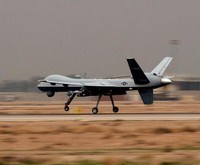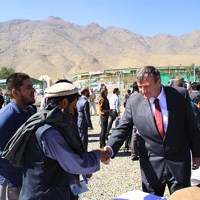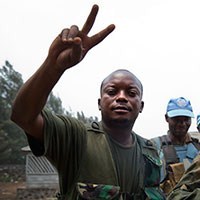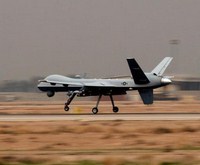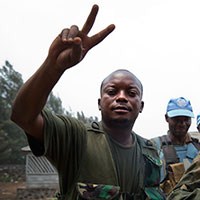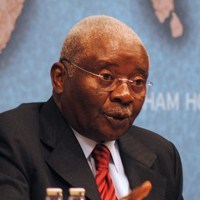
If Mozambique has attracted international headlines over the past year, it has been mainly for the return to armed conflict in central Mozambique by the ex-rebels Renamo as well as for new discoveries of world-class gas reserves in the country’s offshore waters. But while the results of Mozambique’s municipal elections, which took place on Nov. 20, have not attracted the same level of international attention, they are an important indicator of the health of political pluralism in a country touted as a post-conflict success story with impressive GDP growth. The election results will influence how the Mozambique government deals with […]

